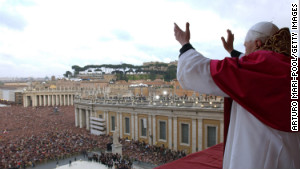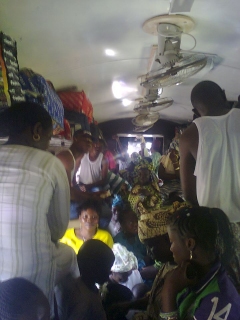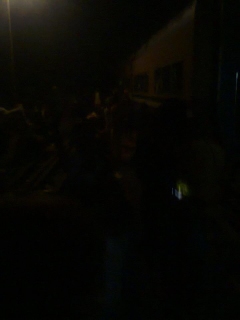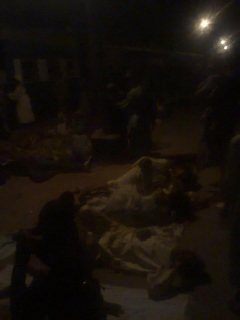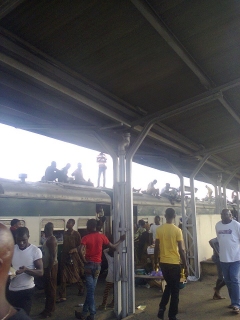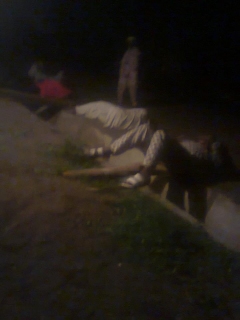
Cardinal Peter Turkson is the president of the Pontifical Council for Justice and Peace, appointed by Pope Benedict XVI in 2009. He studied at St. Teresa's Seminary in the village of Amisano and later at St. Anthony-on-Hudson Seminary in Rensselaer, New York, where he obtained a Master's degree in Theology. He was ordained into priesthood by Archbishop John Amissah in 1975. In 1992, Turkson was appointed Archbishop of Cape Coast by Pope John Paul II and then made him Cardinal-Priest of S. Liborio in 2003. He is the first Ghanaian cardinal. If elected, he will be the first black pope and pope from Africa.
2. Cardinal Marc Ouellet of Canada

Cardinal Marc Ouellet is the prefect of the Congregation for Bishops and president of the Pontifical Commission for Latin America, appointed by Pope Benedict XVI, elevated to the cardinalate by Pope John Paul II in 2003. He was previously the archbishop of Quebec and primate of Canada. He is a strong candidate for the next pope, but Ouellet once called the idea of being pope "a nightmare."
3. Cardinal Francis Arinze of Nigeria

Cardinal Francis Arinze is Prefect Emeritus of the Congregation for Divine Worship and the Discipline of the Sacraments and Cardinal Bishop of Velletri-Segni. He was one of the principal advisors to Pope John Paul II. If elected, he will be the first black pope and pope from Africa.
4. Cardinal Leonardo Sandri of Argentina

Cardinal Leonardo Sandri was born to Italian parents, but raised in Buenos Aires. He is the Prefect of the Congregation for the Oriental Churches, elevated to the cardinalate in 2007. If elected, he will be the first pope from South America.
5. Cardinal Oscar Rodriguez Maradiaga of Honduras

Cardinal Oscar Rodriguez Maradiaga is the Archbishop of Tegucigalpa and President of Caritas Internationalis, elevated to the cardinalate in 2001. He was a contender for papacy during the last conclave when Pope Benedict XVI was elected. Maradiaga is an advocate of global anti-corruption and the pardoning of debt for poorer countries.
6. Archbishop Angelo Scola of Italy

Angelo Scola was appointed Archbishop of Milan by Pope Benedict XVI in 2011 and was previously Patriarch of Venice. He is a scholar on Islam and Catholic-Muslim dialogue.
7. Cardinal Gianfranco Ravasi of Italy

Cardinal Gianfranco Ravasi is an Italian prelate and serves in the Roman Curia as President of the Pontifical Council for Culture. He was elevated to cardinalate by Pope Benedict XVI in 2010. He is described as intellectually brilliant and a great communicator both in and out of the church.
8. Cardinal Angelo Bagnasco of Italy

Cardinal Angelo Bagnasco is the Archbishop of Genoa and President of the Italian Episcopal Conference, elevated to cardinalate in 2007. He is considered to be more conservative in his views.
9. Cardinal Christoph Schonborn of Austria

Cardinal Christoph Schonborn is the Archbishop of Vienna and President of the Austrian Bishops Conference, elevated to cardinalate in 1998. He recently allowed a gay catholic to serve on a parish council.
10. Cardinal Tarcisio Bertone of Italy

Cardinal Tarcisio Bertone serves as serves as Cardinal Secretary of State and Camerlengo and was previously the Archbishop of Vercelli. He was elevated to cardinalate in 2003.

